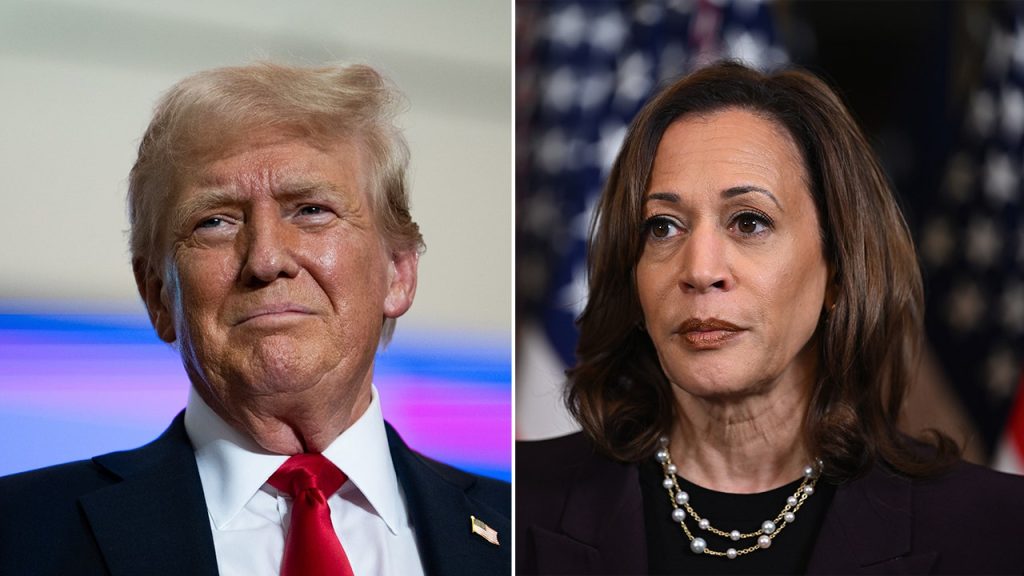The Trump campaign has labeled Vice President Kamala Harris as President Biden’s “co-pilot” in the economic policies that led to the disappointing July job numbers in the US. The Department of Labor reported a gain of 114,000 jobs in July, falling short of economists’ expectations, and the unemployment rate increased to 4.3%, reaching its highest level since October 2021. Trump campaign national press secretary Karoline Leavitt criticized Harris for advocating for spending that fueled inflation and failing to address the struggles of working families amid rising unemployment and cost of living. The report sparked concerns of a potential recession, with stock futures dropping by over 500 points.
The weaker-than-expected job data has raised questions about the Federal Reserve’s decision to maintain high interest rates, potentially missing the opportunity to cut rates earlier. While policymakers chose to keep rates steady at their meeting, they hinted at the possibility of loosening policies as soon as September. Despite ongoing challenges, health care remained a leading sector in job creation, adding 55,000 new positions in July. Other industries that experienced growth included construction, government, and transportation and warehousing. However, there were job losses in the information and financial sectors last month.
Harris’ campaign has shifted the blame for the negative job report to former President Donald Trump, accusing him of failing to address economic issues during his term and pushing for damaging policies that would harm the middle class. The campaign highlighted the progress made under the Biden administration but acknowledged the need for further efforts to reduce costs for families. The job gains for June and May were also revised downward in the report, indicating some weaknesses in the labor market. The Trump campaign and Harris’ team appear to be at odds over the causes of the economic challenges facing the US.
The July job report revealed the impact of ongoing inflation and high interest rates on the US economy, with concerns about a potential recession looming. The unexpected increase in the unemployment rate and the modest job gains in certain sectors underscored the fragility of the labor market. Stock futures plummeted following the release of the report, reflecting investor fears about the economy’s performance. As the debate over economic policies intensifies between the Trump campaign and Harris’ team, the focus remains on addressing the challenges faced by American workers and families. The Biden administration’s efforts to stimulate job growth and address inflation will be closely watched in the coming months.
Despite conflicting interpretations of the job report, the focus remains on the Biden administration’s response to the economic challenges facing the US. The debate between the Trump campaign and Harris’ team highlights differing views on the causes of the economic slowdown and the appropriate policy responses. As the Federal Reserve considers potential interest rate cuts in the near future, the impact on job creation and overall economic stability will be closely monitored. The July job numbers serve as a reminder of the ongoing economic uncertainties facing the US, with both political parties offering divergent perspectives on the path forward. The efforts to bolster the economy and support American workers will be a key priority for policymakers in the coming months.


